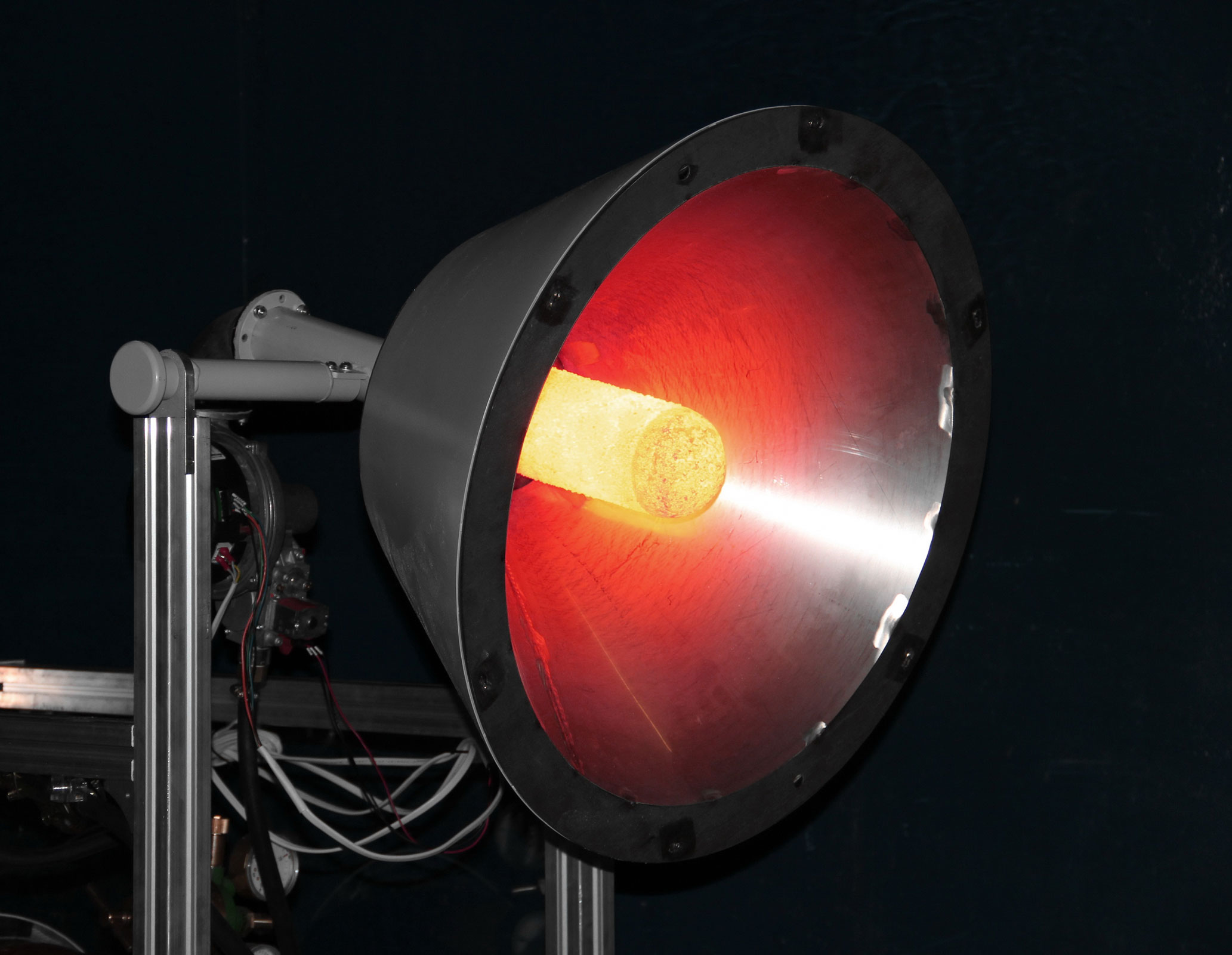A ‘NEWGEN’ HEATER TO BE LAUNCHED SOON
In early February, a group of research engineers with the laboratory of physical activation (a division of the structural microkinetics department) have released the first working prototype of a portable commercially viable new generation space heater that, as the say, can beat the competition in a number of ways.

‘The development of this device is built around our very own porous nickel- and aluminum-based material that we created in our lab using self-propagating high-temperature synthesis,’ says Alexey Markov, Deputy Director for research of Tomsk Scientific Center. ‘A couple years back we made our first powerful infrared gas burners using that same material that,unlike what we see in regular torch type burners, dissipates the flame in numerous pores, resulting in up to 70 per cent conversion efficiency.’
Gas burners per se are nothing new, but out-of-the-box solutions like gas boilers or radiant gas heaters might just be the market offering. With that in mind an idea of building a 20 kW ready to use prototypehad started to come into fruition.
‘The development and construction of heating equipment is a fast-growing market,’ says Alexander Kirdyashkin, the head of the laboratory of physical activation and the project lead, ‘this is due to a great number of its possible applications, whether you need to maintain the temperature at a construction site under severe weather conditions or boost your crop yields in an industrial-sized greenhouse.’
So, what does make this heater a preferred option when compared to the rest? Simply put – its efficiency. Owing it to unique properties of materials the device is made of, it has an above average performance coefficient that allows to cut on gas consumption.The heater meets every safety and environment requirements, customizable to meet every buyer’s needs it’s fully automated and does not require special training to operate it, which makes the device hands down one of the most commercially attractive offers on the market.
In the nearest future the scientists will run a series of tests, after that the marketing department will step in to commercialize the product. Tomsk Scientific Center’s business partners from Taiwan’s National Central University are already showing a great deal of interest toward the project – procurement negotiation is under way.

